Everything You Need to Know about BLS, ACLS and PALS Certification in 2019
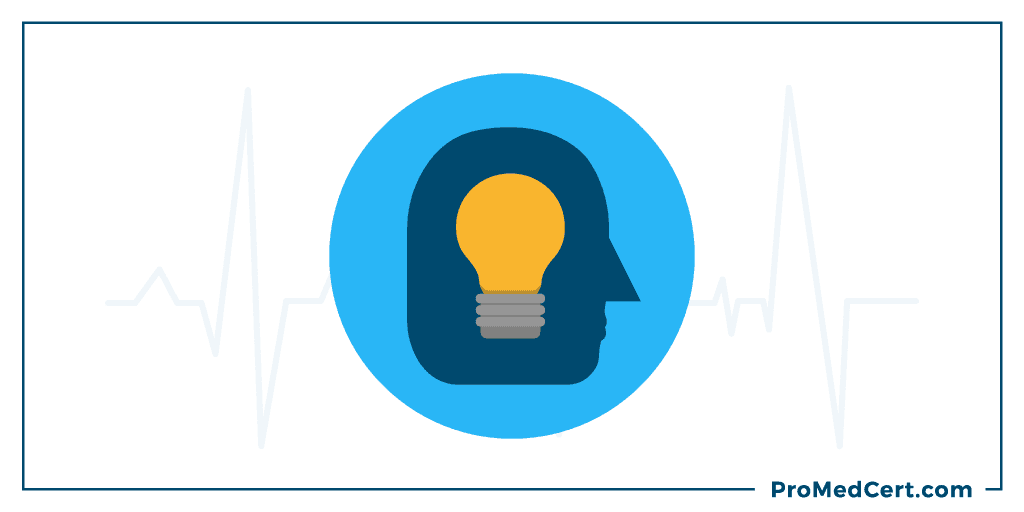
It’s no secret that aspiring nurses and many others in medical-related fields are required to complete certain educational programs and licensing exams, but what about certifications?
While the requirements may vary from employer to employer, there are some medical certifications that may either be mandated, or may simply be worth pursuing as an opportunity to remain more competitive.
Below, we take a look at three of the most common certifications you may encounter at some point during your health care career.
Basic Life Support (BLS) Certification
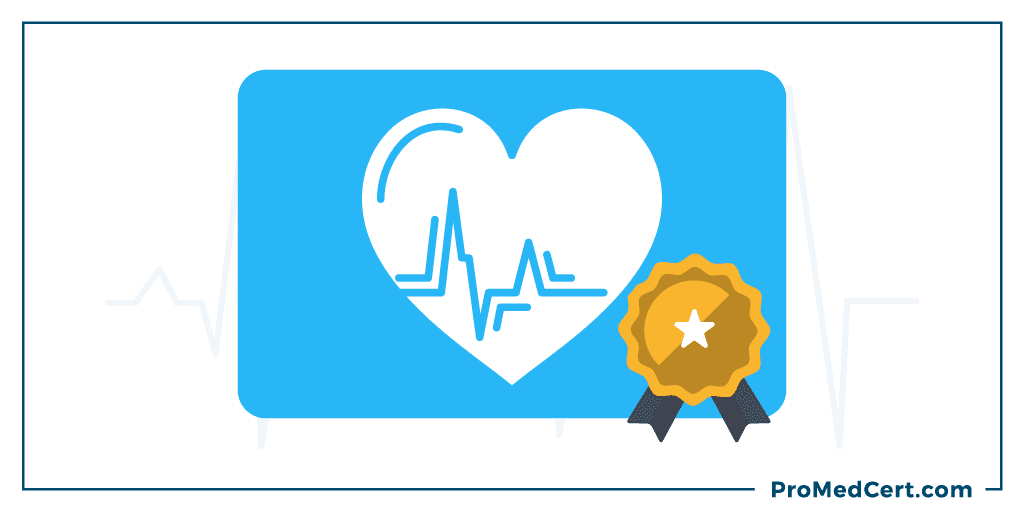
Basic life support, also referred to as BLS for short, is generally a requirement for any individual who is entering the medical profession in just about any capacity.
It is also frequently required by employers of any employee who will be working with children, such as teachers, coaches and daycare providers.
Individuals in other careers that involve working with the public, such as lifeguards, are typically expected to obtain a BLS certification.
Basic life support covers the basics of CPR.
Beyond this, it also delves into some additional life-saving procedures.
For instance, students taking a BLS course will typically learn how to use an automatic external defibrillator (AED).
The coursework will also usually cover instructions on how to assist someone who is choking.
To successfully obtain a BLS certification, students are required to pass a written exam.
BLS certifications are valid for a period of two years, after which recertification is required.
Advanced Cardiac Life Support (ACLS) Certification
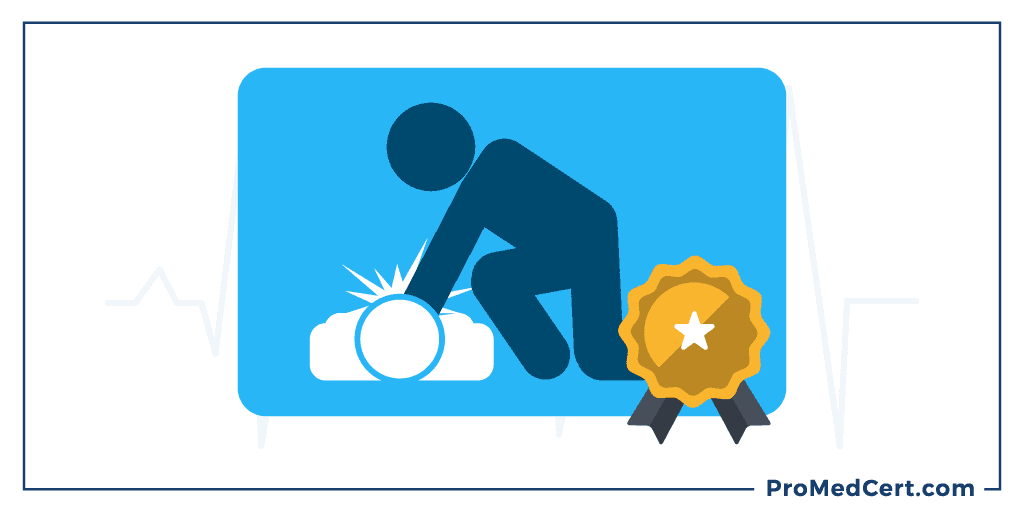
A step above basic life support is a certification for advanced cardiac life support, or ACLS for short.
ACLS certification is usually a requirement for those aspiring to work in the medical field, but even if it is not mandated, it’s a good course to consider – especially if you plan to work in a critical care or emergency medical care setting.
The coursework for ACLS certification goes beyond what is covered in a BLS course, though some of the content may be similar and/or overlap.
For instance, both courses typically cover how to use an AED.
Unlike basic life support, however, ACLS certification courses delve into a much deeper level of medical knowledge.
In addition to nurses, individuals pursuing an ACLS certification may include physicians, paramedics and dentists.
Generally speaking, students taking an ACLS course will have already obtained their BLS certification.
Additional coursework will cover everything from how to intubate a patient to how to administer IV medications to proper resuscitation procedures, airway management and more.
To successfully obtain an ACLS certification, students are required to pass a written exam.
ACLS certifications are valid for a period of two years, after which recertification is required.
Even in instances in which ACLS certification isn’t required, adding this credential to your resume can help those pursuing careers in the medical industry stand out from the competition.
Pediatric Advanced Life Support (PALS) Certification
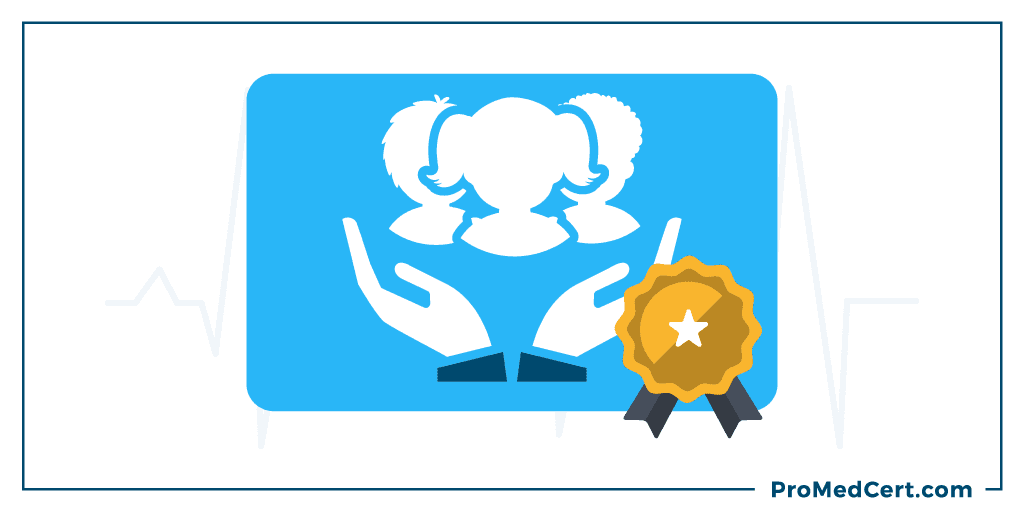
As the name indicates, PALS is a life support technique that focuses on the care of children and infants.
Emergency medical care can be markedly different when the patient being treated is a baby or small child.
Pediatric advanced life support certification focuses on the lifesaving and resuscitation methods for young patients.
PALS coursework covers many of the same topics as ACLS certification coursework, such as airway management and CPR, but the methodology for administering that care is specific based on the size and age of the patient being treated.
Just as with BLS and ACLS, to successfully obtain a PALS certification, students are required to pass a written exam.
And like the others, PALS certifications are also valid for a period of two years, after which recertification is required.
Should You Get Certified?
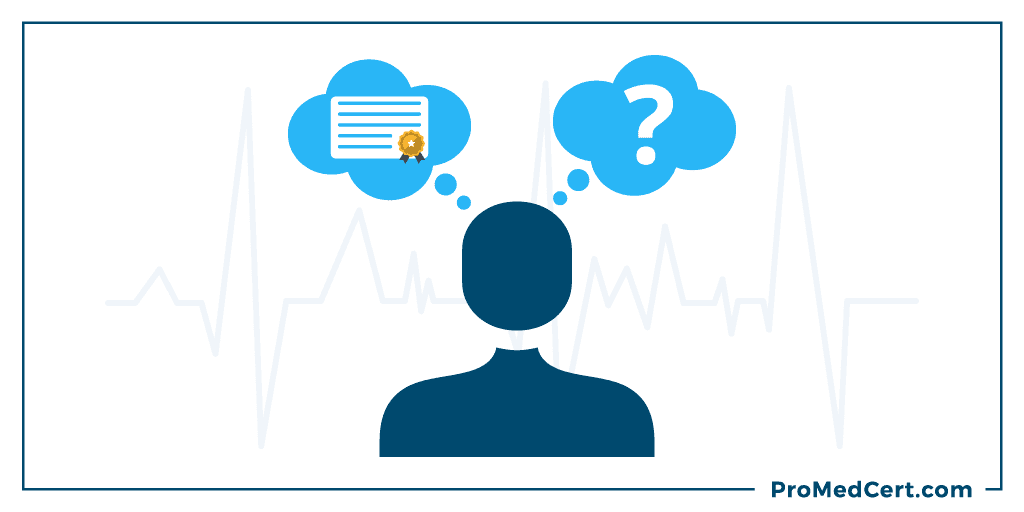
As mentioned, employers in the health care industry often require employees in certain roles to become certified, either in BLS, ACLS and/or PALS.
For those who are venturing down a career path that involves working with the public or with children, obtaining one or more of the above medical certifications, even if not mandated, certainly can’t hurt.
In fact, a resume that features these credentials may help you get a foot in the door and edge out the competition when applying for a new job.
In general, having additional knowledge is always a good thing to have.
Even as a parent, knowing how to handle urgent medical situations can provide peace of mind and improve the chances of a good outcome in the event of a medical emergency.
Regardless of which medical certification you choose to pursue, consider the time and expense as an intelligent investment in your career and your future.
Not only will being certified make you a stronger, more qualified health care professional, but it could literally mean the difference between life and death for someone experiencing a medical emergency.
Options for Obtaining BLS, ACLS or PALS Certification
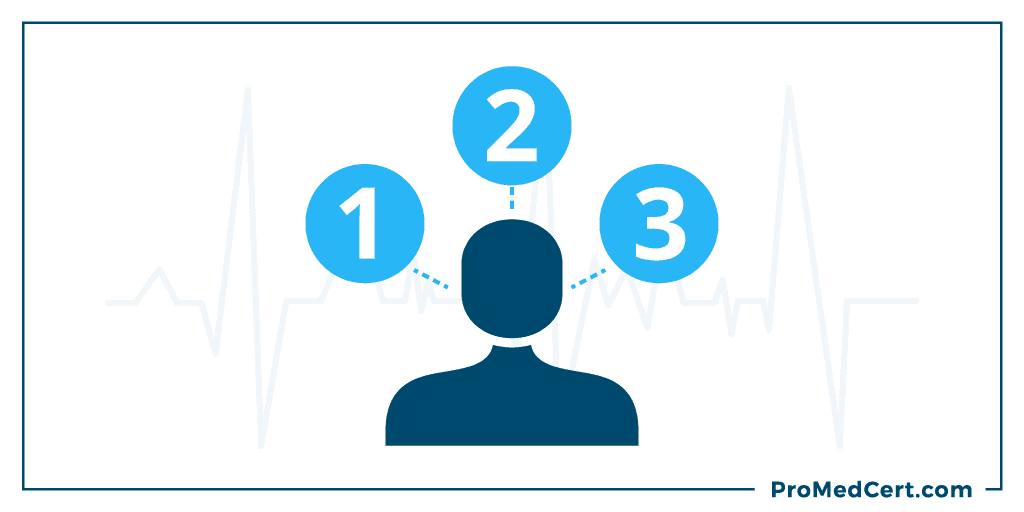
There are several available options when it comes to successfully obtaining any of the above medical certifications.
The traditional method involves attending an in-person, instructor-led class.
These classes typically last 1-2 days and students must take an exam at the conclusion in order to become certified.
Thanks to today’s advanced technology, there is now another option for obtaining medical certification.
Online courses, such as those offered through ProMed Certifications, offer a variety of benefits to students.
Not only are they more flexible than in-person classes, but students can work through the coursework at their own desired pace, finishing as quickly or as slowly as they wish.
Plus with our certification courses, you’ll get unlimited, untimed opportunities to pass your exam.
Online medical certification also tends to be cheaper than traditional methods, which is an attractive feature for those who are struggling to pay student loans or aren’t yet commanding a high salary.
And since we back our certifications with a 100% money-back guarantee, you don’t have to worry about whether or not your credentials will be accepted by your employer.
It’s literally risk-free.
To learn more about our available courses or to sign up for your BLS, ACLS or PALS certification today, click here.
